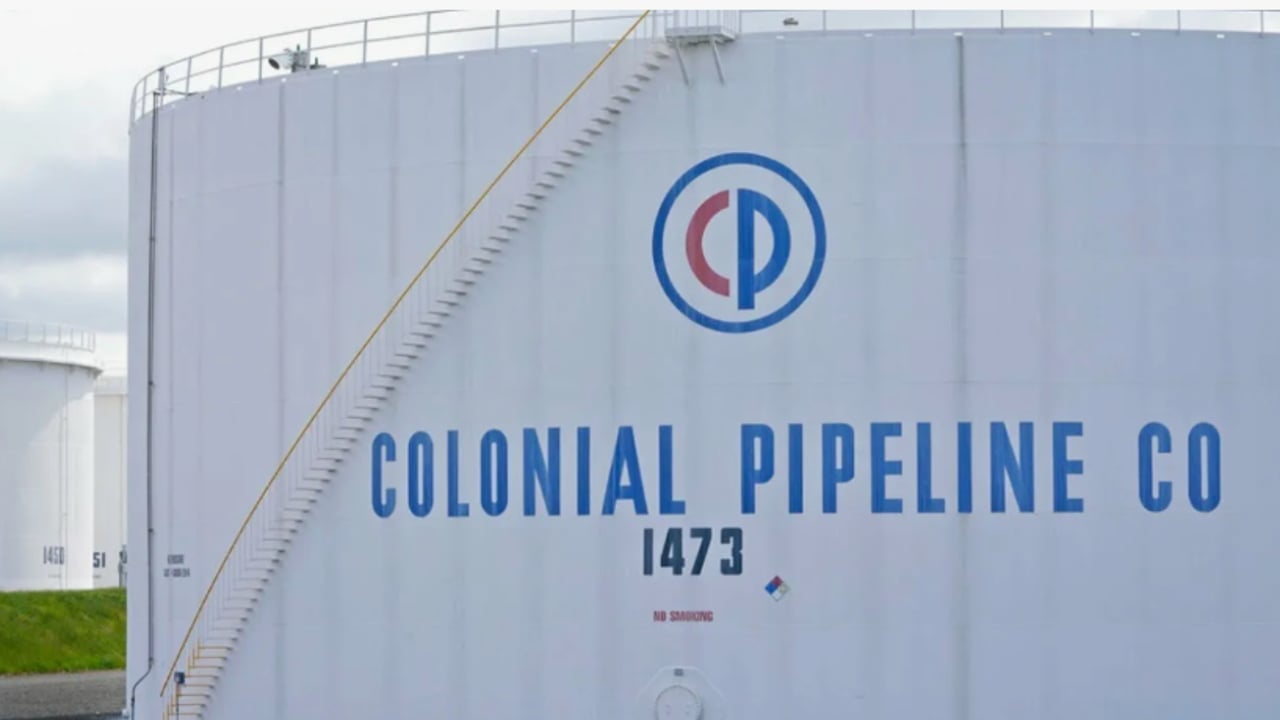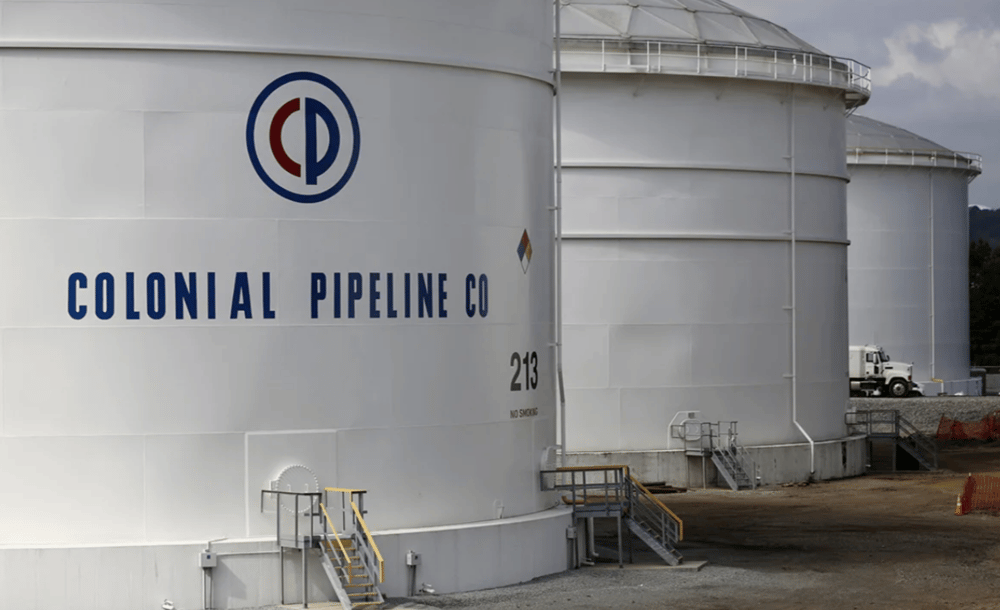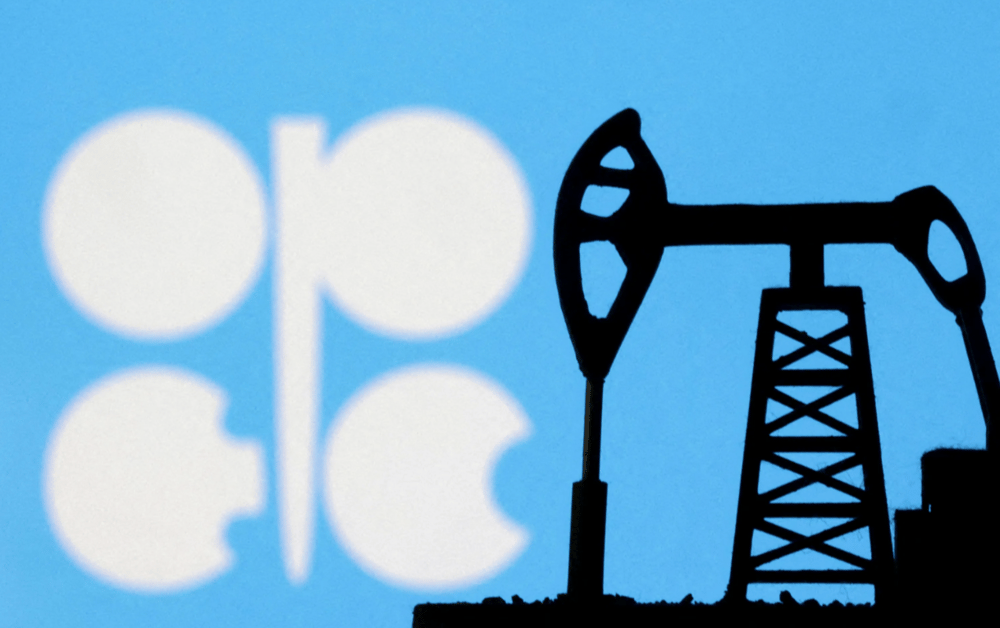Colonial Pipeline and FERC Protests – An Analysis of Gasoline Transportation Changes
On Monday, Colonial Pipeline submitted a petition to the US Federal Energy Regulatory Commission (FERC) requesting the rejection of shipper protests concerning proposed modifications in gasoline transportation. This decision follows a recent regulatory approval that permits the simultaneous dispatch of different gasoline grades while reducing the overall variety transported through its 5,500-mile (8,851 km) pipeline network.
Background and Context
The proposed changes to gasoline transportation have sparked extensive discussions within both financial and energy sectors. Major oil companies, including ExxonMobil, Chevron Corp, and BP Plc, recently filed formal protests with FERC. Their concerns center on the possibility that streamlining transportation processes could inadvertently harm shippers and end consumers. Companies involved in delivering gasoline from refineries along the Gulf Coast to markets on the US East Coast argue that such changes may enable Colonial Pipeline to boost its profits at the expense of established shipping practices.

Legal and Industry Perspectives
Colonial Pipeline maintains that the proposed alterations are in strict compliance with industry standards and fall within the company’s regulatory purview. The petition to FERC is a direct response to protests alleging potential risks to the transportation process. Consideration of this issue involves several key aspects:
- Maintaining established safety and reliability standards
- Ensuring operational transparency and adherence to regulatory requirements
- Balancing the interests of shippers with the operational prerogatives of the pipeline operator
These factors are essential for sustaining an efficient energy market while reinforcing the competitiveness of the pipeline infrastructure in a highly dynamic industry.
Key Directions of Change
The new measures introduced by Colonial Pipeline aim to optimize internal processes in gasoline transportation. The critical elements of these changes include:
1. Reducing the total number of gasoline grades transported
2. Facilitating the simultaneous dispatch of multiple gasoline grades to enhance delivery efficiency
3. Strengthening oversight to ensure compliance with evolving industry standards and safety protocols
4. Increasing operational efficiency through the integration of advanced technological solutions

Market Outlook and Analysis
The impact of these modifications is expected to extend beyond the immediate participants in the transportation chain, influencing the broader dynamics of the energy market. Some market analysts suggest that streamlining Colonial Pipeline’s operations may lead to several positive outcomes, such as:
• More efficient resource allocation
• Simplified logistical processes
• Reduced transit times for petroleum products
These improvements could contribute to increased transparency, minimized operational risks, and enhanced coordination among market participants, thereby fostering a more resilient energy supply chain.
Final Analysis
A comprehensive review indicates that Colonial Pipeline’s initiative is part of a broader trend toward modernizing transportation processes in line with contemporary industry standards. While protests from leading oil companies underscore concerns about potential adverse effects on shippers and consumers, the proposed changes might drive operational efficiency and cost savings crucial for the long-term development of the energy market. Nonetheless, the ultimate impact on safety standards and market balance will remain under continuous regulatory and analytical scrutiny.


















Comments